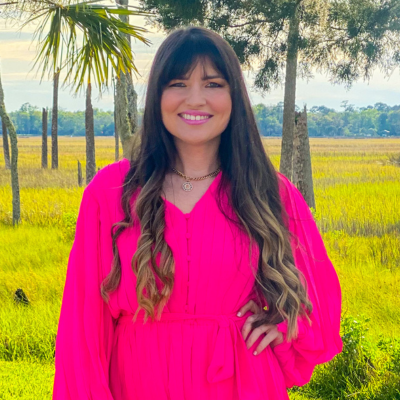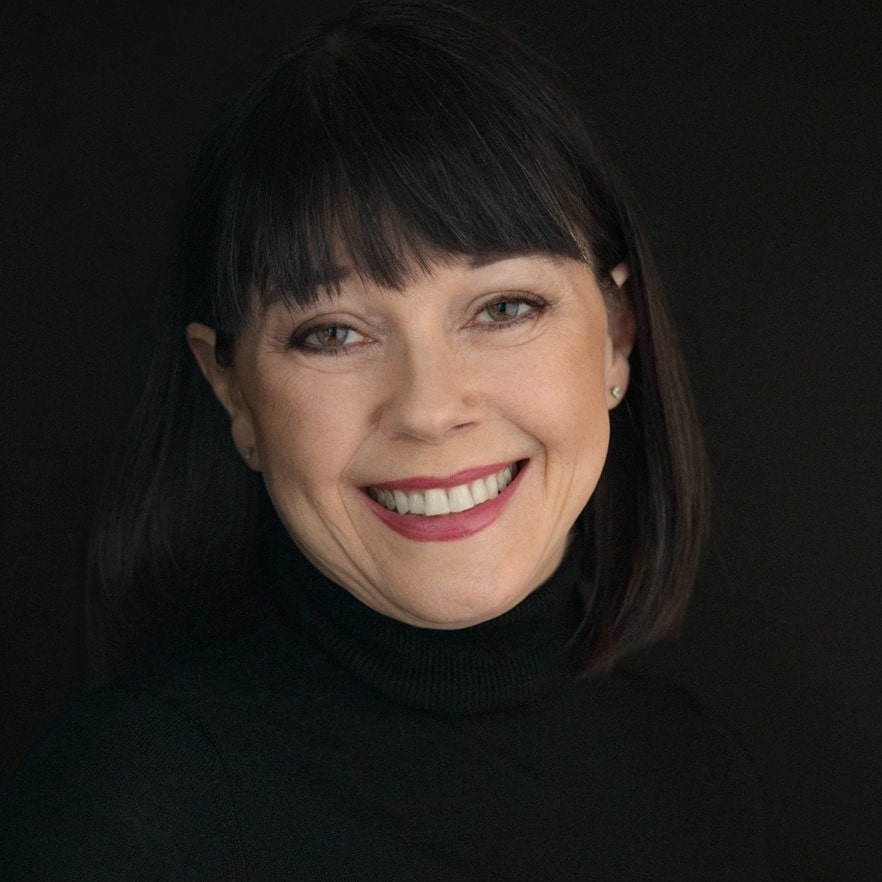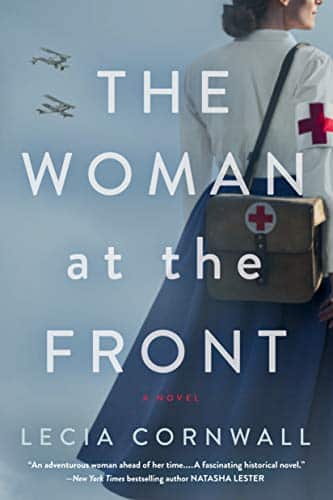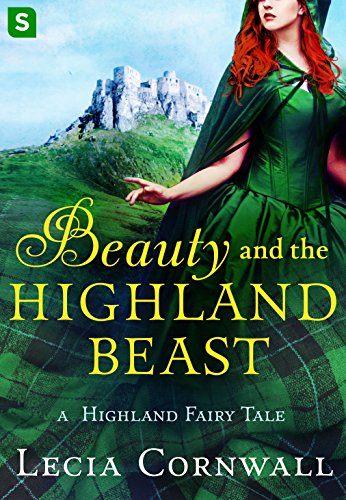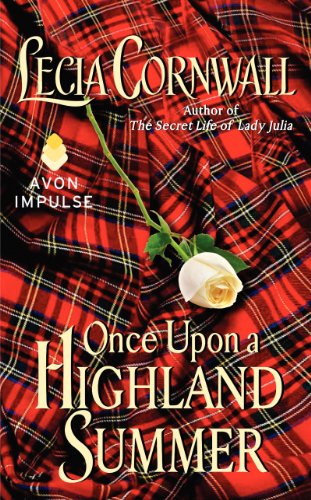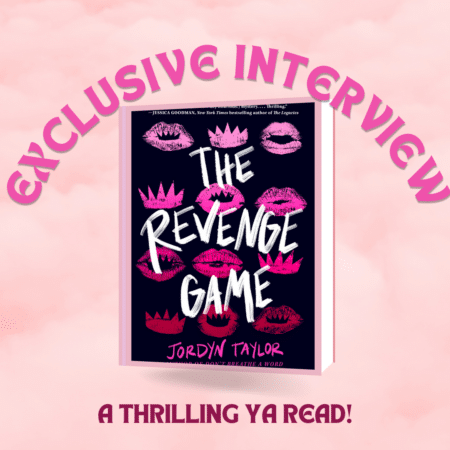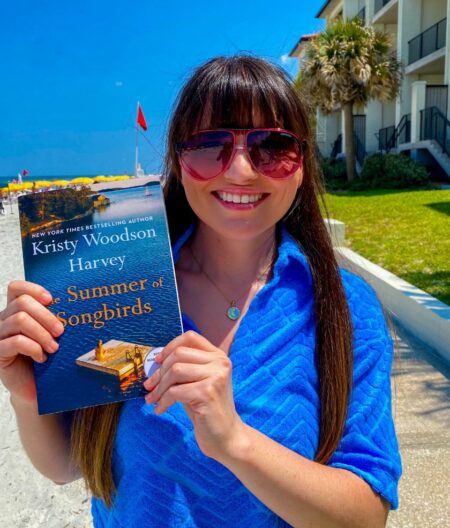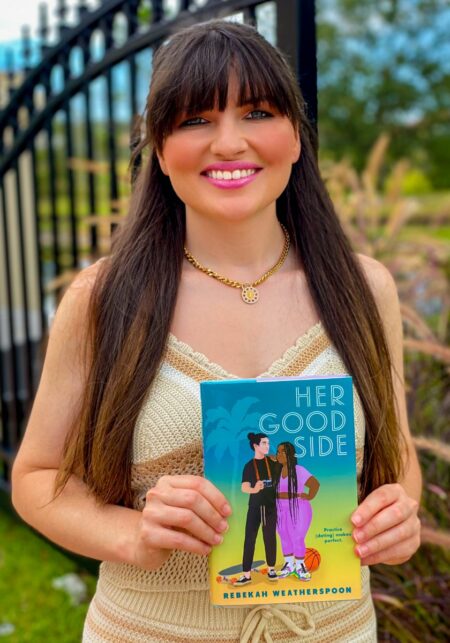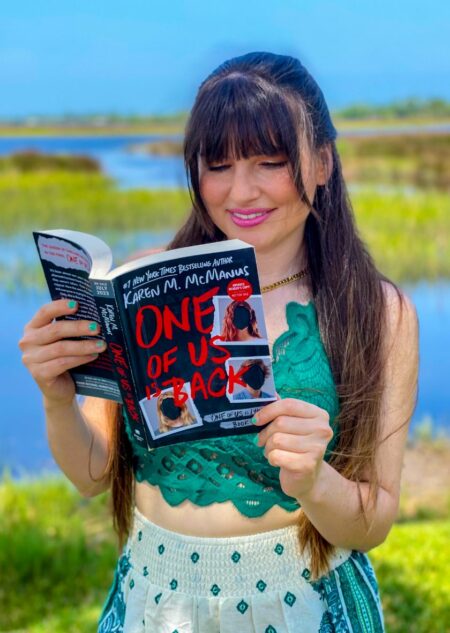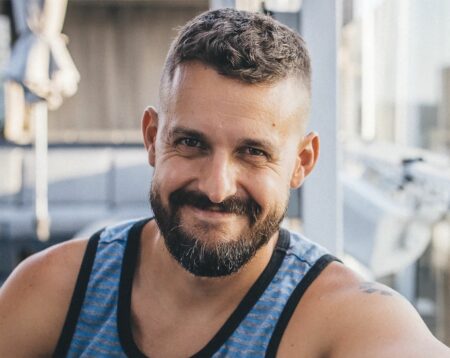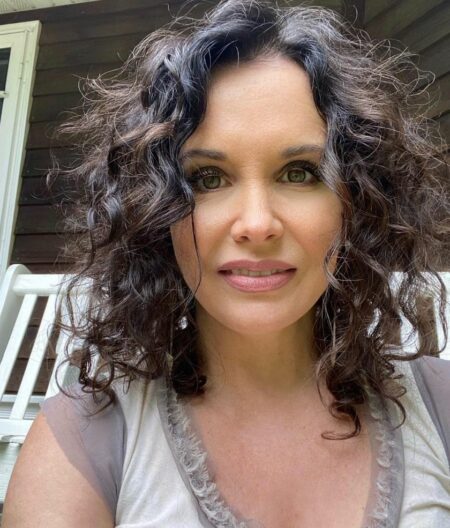Today is the day of my interview with author Lecia Cornwall. As some of you may know, I love historical fiction books. When I heard about That Summer in Berlin, I couldn’t wait to get my hands on it! More importantly, I couldn’t wait to chat with author Lecia Cornwall about her latest novel!
Lecia! Welcome! Now, your latest historical novel, That Summer in Berlin, is based on the atrocious Nazi activities that occurred behind the spectacle of the Berlin Olympics leading up to WWII. Tell readers more about what they can expect!
The Berlin Olympics (and the whole Nazi era) seem like something out of a dark fiction novel now, and incredible that such evil, terror, and hatred could exist. I was fascinated by the Olympic stories that came out of the 1936 Games. Like every Olympiad, there were sports heroes like Jesse Owens and amazing stories of athletes who would become enemies during the war coming together for the games, competing, cooperating, and cheering each other on.
The Nazis welcomed the world to Berlin, promising peace and harmony, and while the tourists were there, the Germans were on their best behavior, helpful, accommodating, and charming. Anti-Semitism and violence were strictly suspended for the duration of the games, and most tourists saw nothing out of the ordinary.
But behind the scenes, things were very different. That summer, Hitler issued secret orders that Germany must be ready to wage another war within four years. Conscription had been introduced, and men were already being trained for combat. Even children, Hitler Youth, the equivalent of Boy Scouts in other countries, were being indoctrinated and trained to fight and die for Hitler. Factories were secretly building warplanes which would soon be tested on foreign soil during the Spanish Civil War, at places such as Guernica.
And while Jesse Owens was winning his gold medals at the brand-new Olympic Stadium in the heart of Berlin, the finishing touches were being made to Sachsenhausen, a new concentration camp just outside the city.
What inspired you to create Viviane’s character?
I’ve always been interested in the stories of pioneering female journalists and war reporters, including photographers. Imagine the courage it took to get close enough to take the kinds of photographs that told whole stories in war zones! I fell in love with photography when I was a teenager, bought my first camera at 17, and decided I wanted to be a photojournalist for National Geographic, traveling the world, writing stories, and taking pictures. As a writer, I can still step into that career and create a character who lives that life.
My characters all have a little bit of my own personality to them and a lot of the traits from other women I admire. Viviane includes elements of real female photographers of the 1930s, like Dorothea Bourke-Whyte, Madame Yevonde, and the infamous spy Edith Tudor Hart.
Was the plot based on true events?
The events in the book are based on true events but fictionalized. For example, the Olympic events described in the book—the opening ceremonies, the dazzling nightlife, and parties (and party disasters) that Viviane witnesses really happened. Tom Graham’s character is based on the memoirs of real journalists working in Berlin in the 1930s.
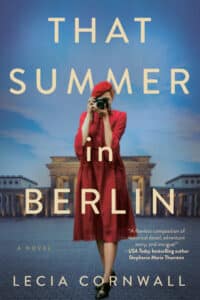
That Summer in Berlin by Lecia Cornwall
Genre: Historical Fiction/ Romance
That Summer in Berlin tells the story of Viviane. She goes to the 1936 Olympics with her journalist photographer as a spy to expose that Hilter is rearming the Nazis for World War II. But with Hitler is not allowing the world to see what he’s up to so it is up to Viviane to stay focused at dig deeper.
Buy this Book: Amazon | Books-a-million | Barnes & Noble | Audible
How did you go about capturing that timeframe in your writing? Did you travel to Europe? Or do a lot of research online?
I love to travel, but I don’t get to do it often. I do a ton of research for each book! I think it’s necessary to read everything you can about the era you are trying to portray—not to hit readers with a heavy history lesson but to be able to create an authentic sense of what it was like to be there, so it feels real. True confession: I visited England a number of years ago, and many of the places I had read about and imagined in my mind had long since been torn down, rebuilt, or modernized, and I found that jarring and a little disappointing in some places.
Progress is not a bad thing, of course, and it’s as much a part of history as the little slices of history we read about and hold in our minds. I suppose all history buffs feel that, to some degree, discovering a car park where a battlefield once stood.
What was your favorite part of crafting That Summer in Berlin?
I love the symbolism in stories and interweaving unexpected elements. I have always loved the King Arthur legends, and I wanted to find a way to incorporate them into this book. For example, Viviane’s war hero father (and stand-in for King Arthur) tells her that the lake on their ancestral estate is the true Lake of the legend, the one where Excalibur lies waiting for the return of a hero when England’s need is greatest. She is even named Viviane after the Lady of the Lake.
The Story of King Arthur has a rather sad ending, but it’s also full of hope for the future, a legacy to live up to when the right person once again wields the sword. Viviane must find her sword and use it for good. She gets that chance in Germany, using her camera. That opportunity gives her the chance to create a heroic legacy of her own.
That Summer in Berlin offers some twists in the plot, too. Did you always want the adventurous/twisted parts incorporated into this book?
I love reading stories—or watching movies—where the plot takes a breathtaking twist that’s completely unexpected, the villain isn’t who you might expect, or the hero discovers something shocking that changes everything. It’s so satisfying to read those moments, see them in movies, or create them in a story. I think it’s those surprises that make a book—or life—memorable.
Walk us through a day in your life while writing a historical novel. How do you get yourself into that mindset?
I sit in my modern office, at a powerful computer, connected to the world’s knowledge with just a click of the mouse, and imagine the past surrounded by all the conveniences of our lives that didn’t exist when the story is set. Every detail of a past we’re not familiar with has to be first researched and then imagined, so I can create a world that lets readers step back into my heroine’s shoes (era-appropriate, of course) and see her world through her eyes as much authentic detail as possible as she moves through the story.
I get immersed in the story myself, deeply back in the story, seeing it in my mind’s eye, which I think is necessary to create an experience that feels real. I usually outline what each chapter will be about and how it will move the story forward, but it can be like following a tourist guidebook on holiday—it points the way and covers the highlights, but there are ALWAYS unexpected surprises on any worthwhile journey.
Sometimes there’s an unexpected detour in my story while I’m writing, or the characters do something I didn’t completely plan, but it’s perfect and utterly breathtaking. I can honestly say that when those moments pop up, they are utterly magical and the very best part of being a writer!
What do you hope readers take away from That Summer in Berlin?
Oh, reader, I hope you’ll find your own adventure, write your own story, take a chance, and be daring! Take the path you don’t expect—it may lead you to some incredible places! Live your best, biggest life, grow, and be creative.
Where can readers find you on social media?
I’m on Facebook, Instagram, and sometimes Twitter. For a one-stop connection to all my pages, please visit my website at http://leciacornwall.com. You can find links, read more about my books, sign up for my newsletter, or get in touch with me directly.
Anything else you want to add before I let you go?
I love hearing from readers! If you do read That Summer in Berlin, drop me a line—I’d love to hear what you think!
That concludes my interview with Author Lecia Cornwall!
Be sure to drop a comment and let me know what you think of today’s interview. Have you read That Summer in Berlin yet?
Popular books from the author
The Woman at the Front
Genre: Historical/ Romance
The Woman at the Front tells Eleanor Atherton during WWI. No woman doctors are allowed at the front but Eleanor is determined to change that. Doctors are doctors and with the bloodied battlefields Eleanor plans to prove she belongs. Does she?
Read the full review of The Woman at the Front.
Buy this Book: Amazon | Books-a-million | Barnes & Noble | Audible
Beauty and the Highland Beast
Genre: Historical Romance/ Romance
Beauty and the Highland Beast tells the story of Dair. After getting captured and tortured he puts up a hard front. But when his father discovers a virgin bride can heal his sons troubles, he sets out to find him a good match. Is it too late? Will he scare off any potential match?
Buy this Book: Amazon | Books-a-million | Barnes & Noble | Audible
Once Upon a Highland Summer
Genre: Historical Romance/ Romance
Once Upon a Highland Summer tells the story of Lady Caroline Forrester. She runs away from home and her brother after learning he is going to agree to a marriage on her behalf in exchange for a wealthy sum. Caroline becomes a governess but things get complicated when her heart starts beating faster for her employer.
Buy this Book: Amazon | Books-a-million | Barnes & Noble
